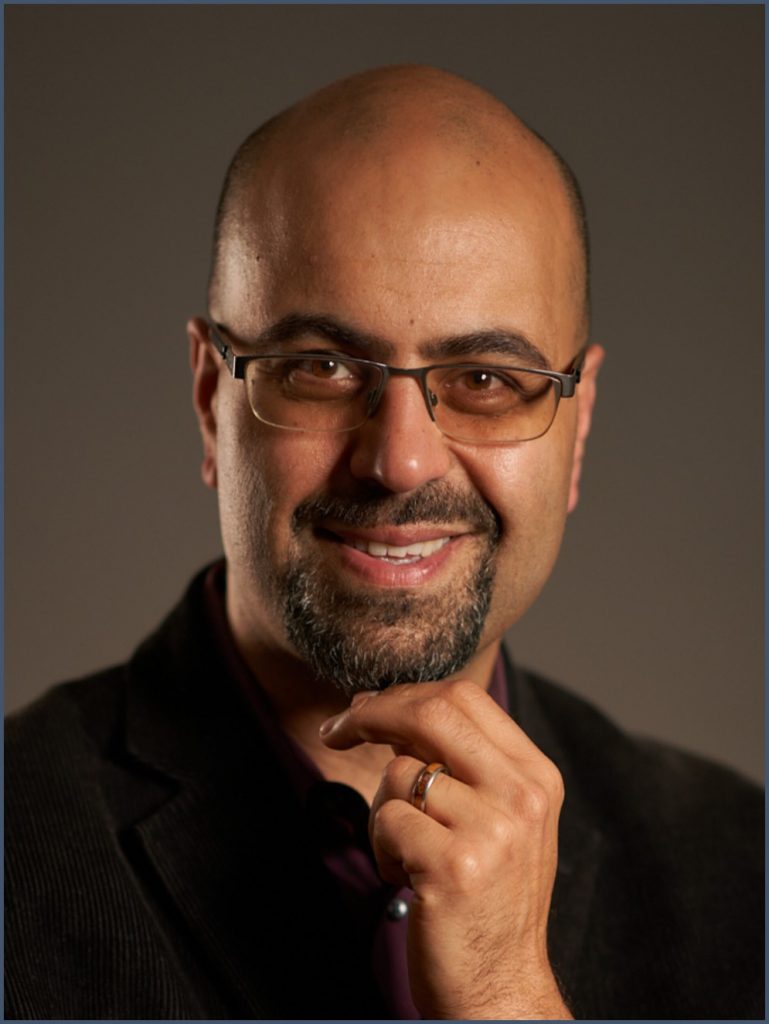Breakout Session Bios
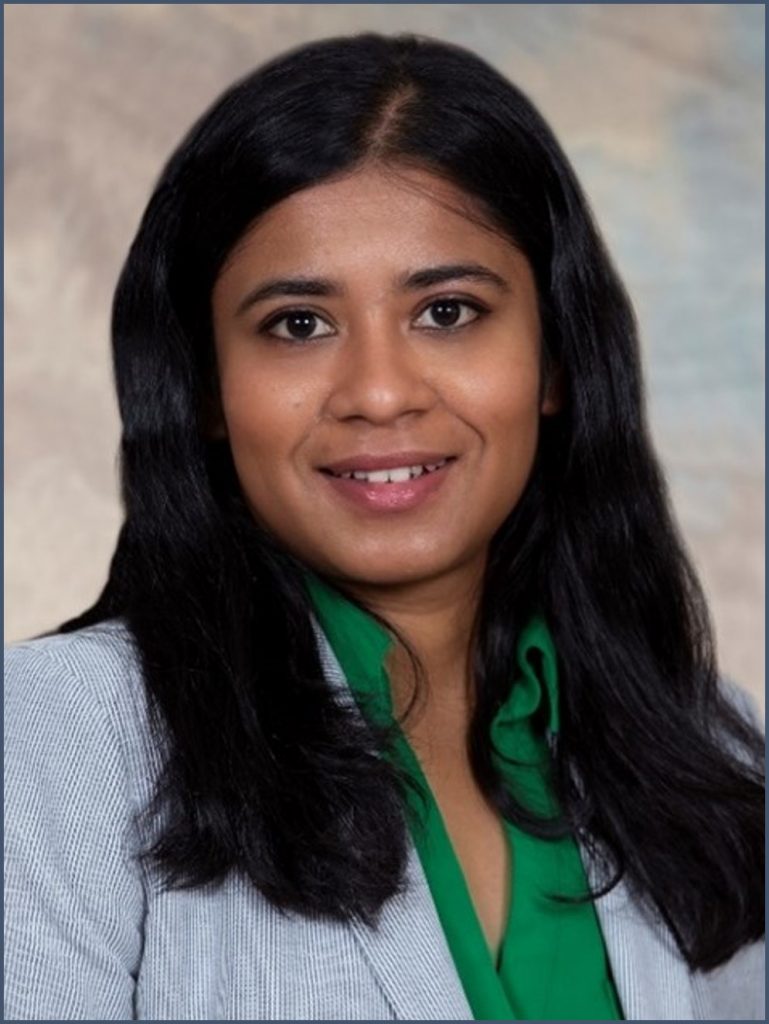
Ishita Basu
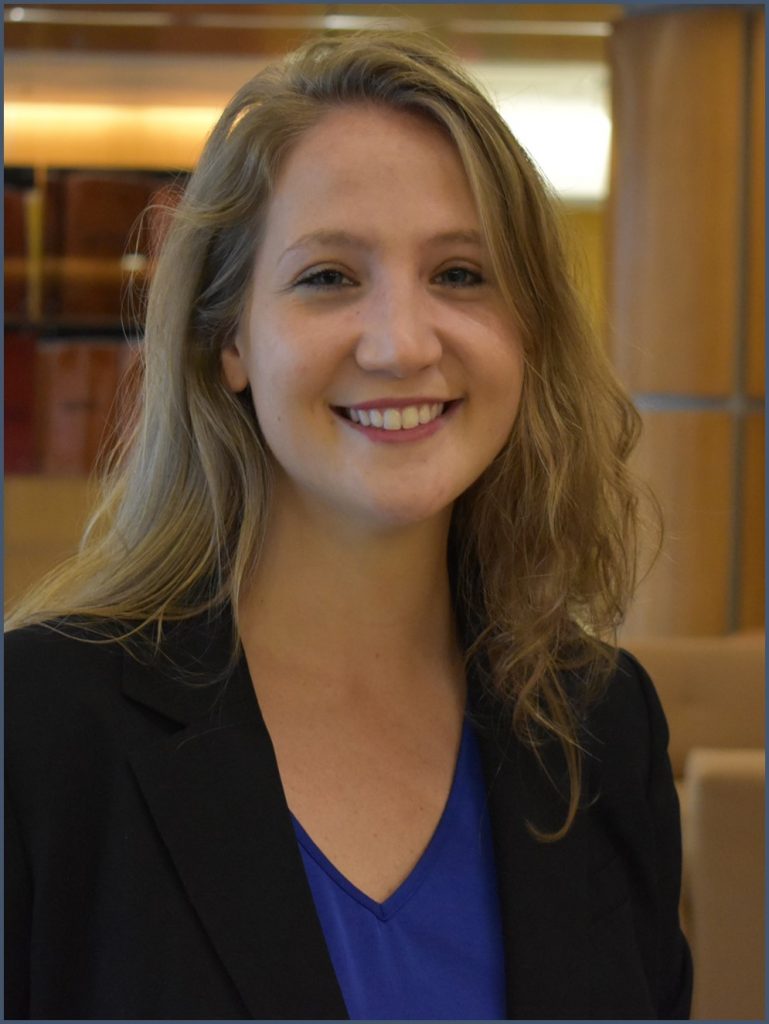
Stephanie Cernera
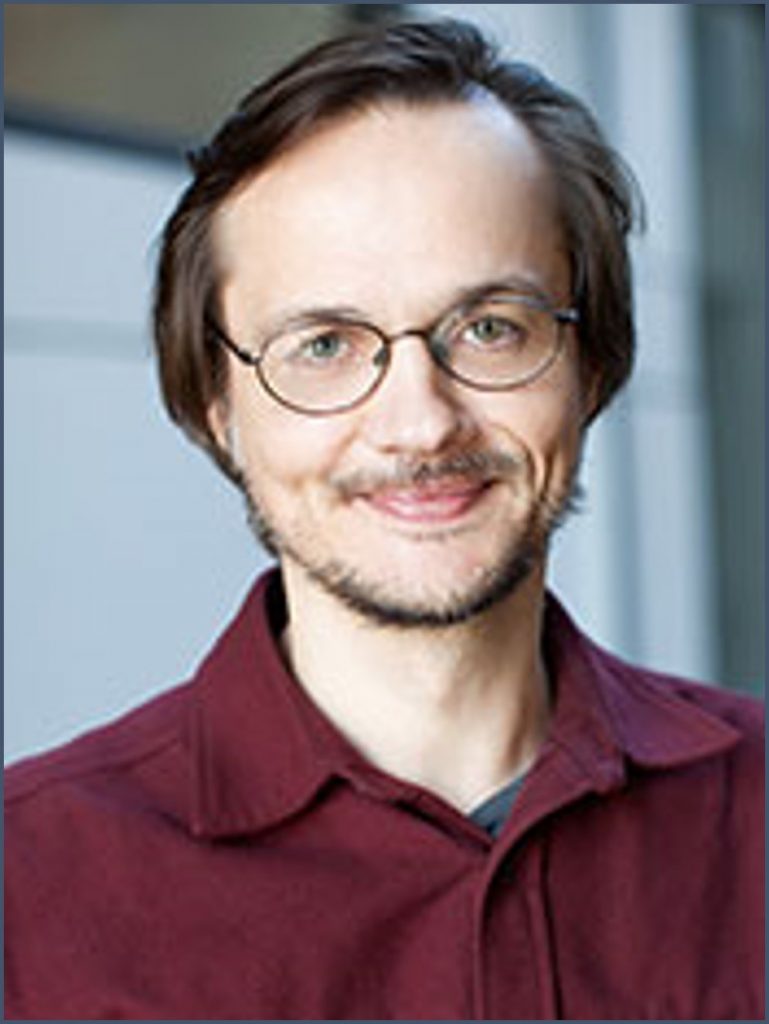
Paul Cisek
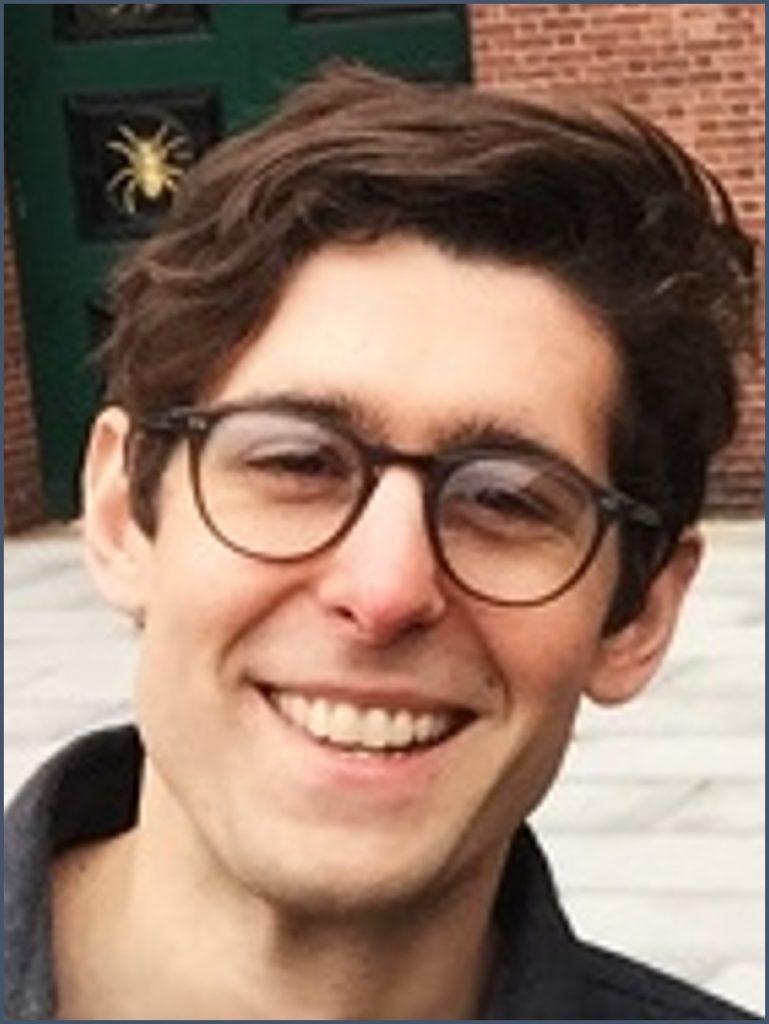
Tim Dunn
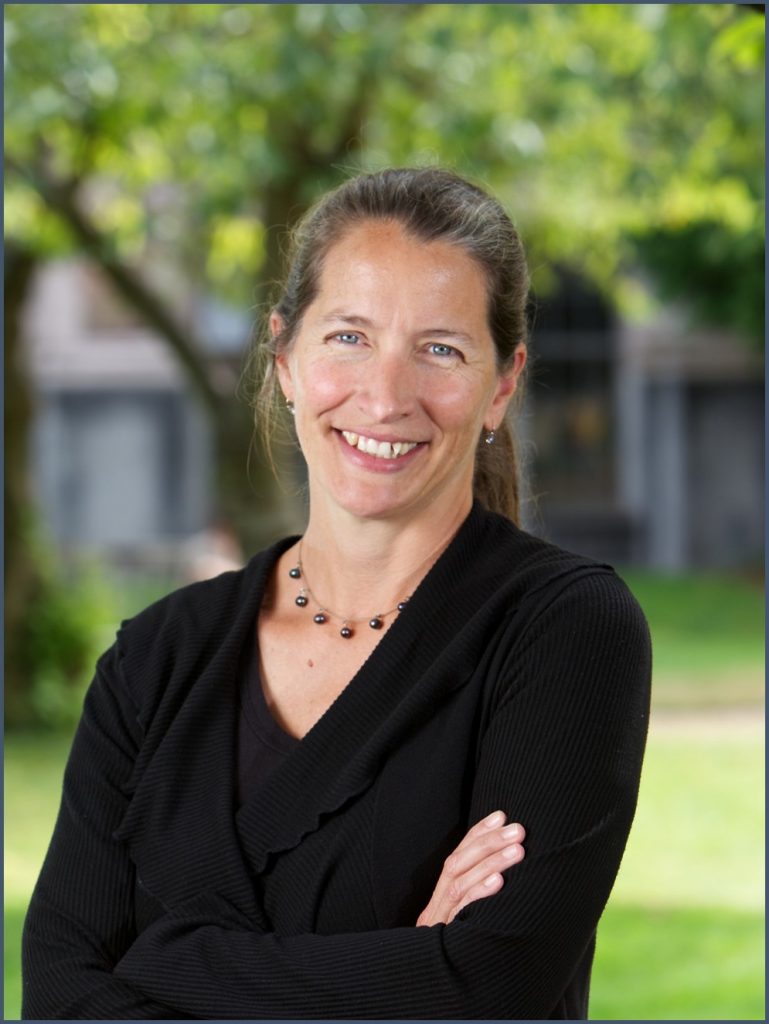
Sara Goering

Wayne Goodman
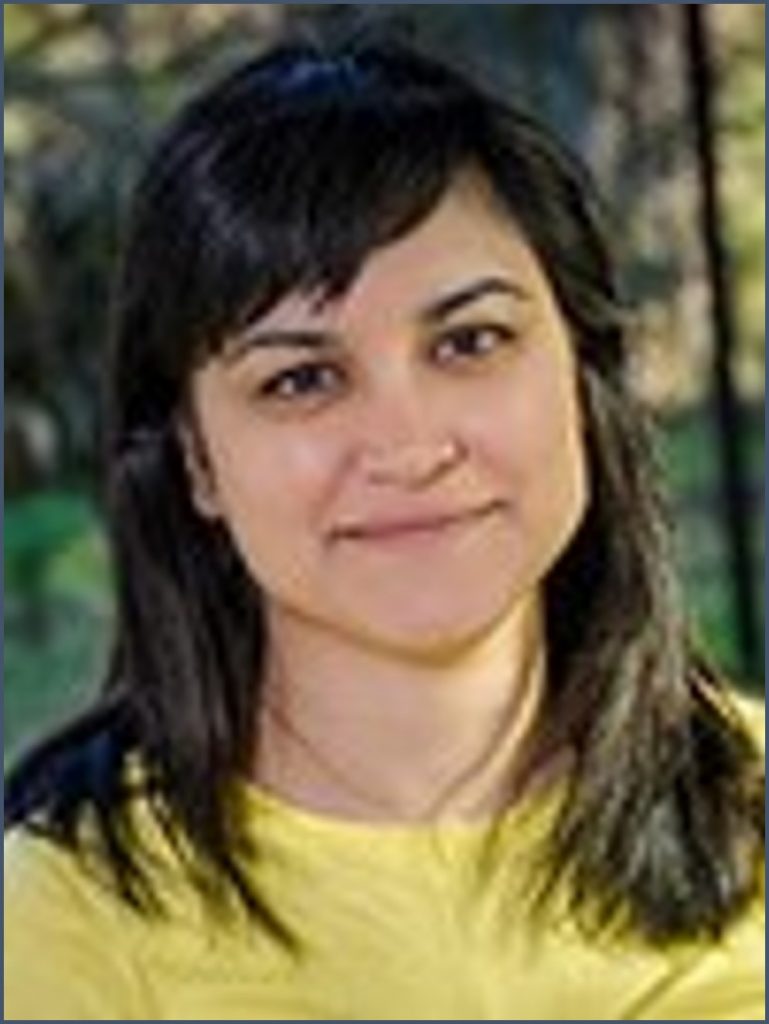
Aysegul Gunduz
Kim Hoke
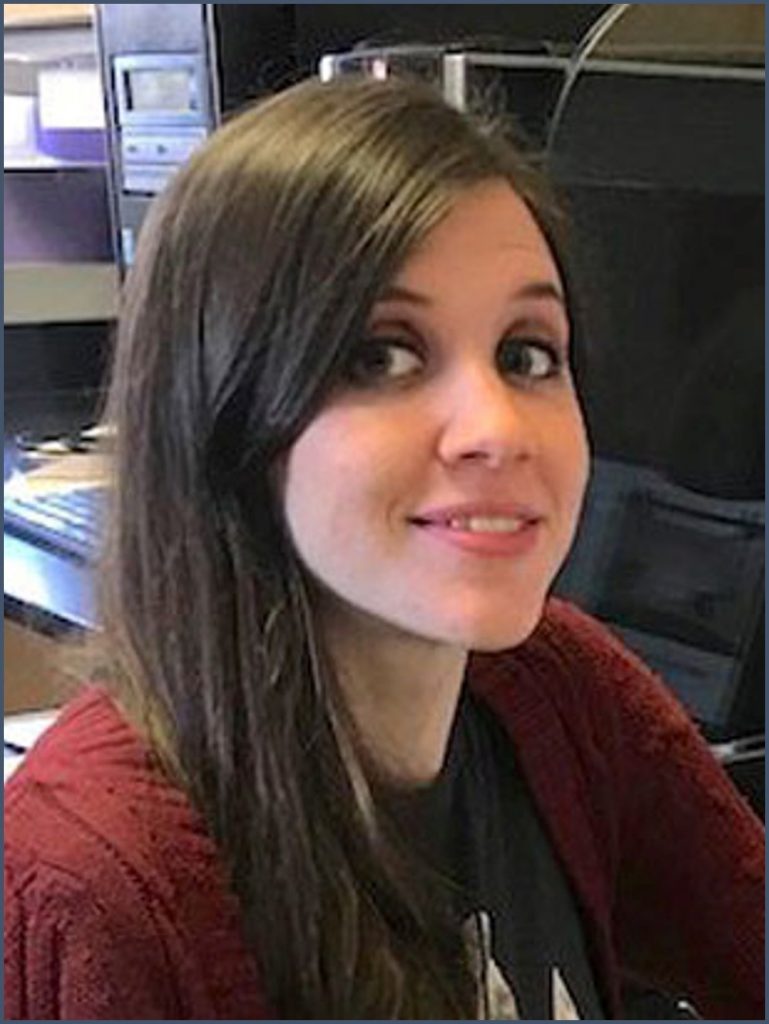
Ann Kennedy
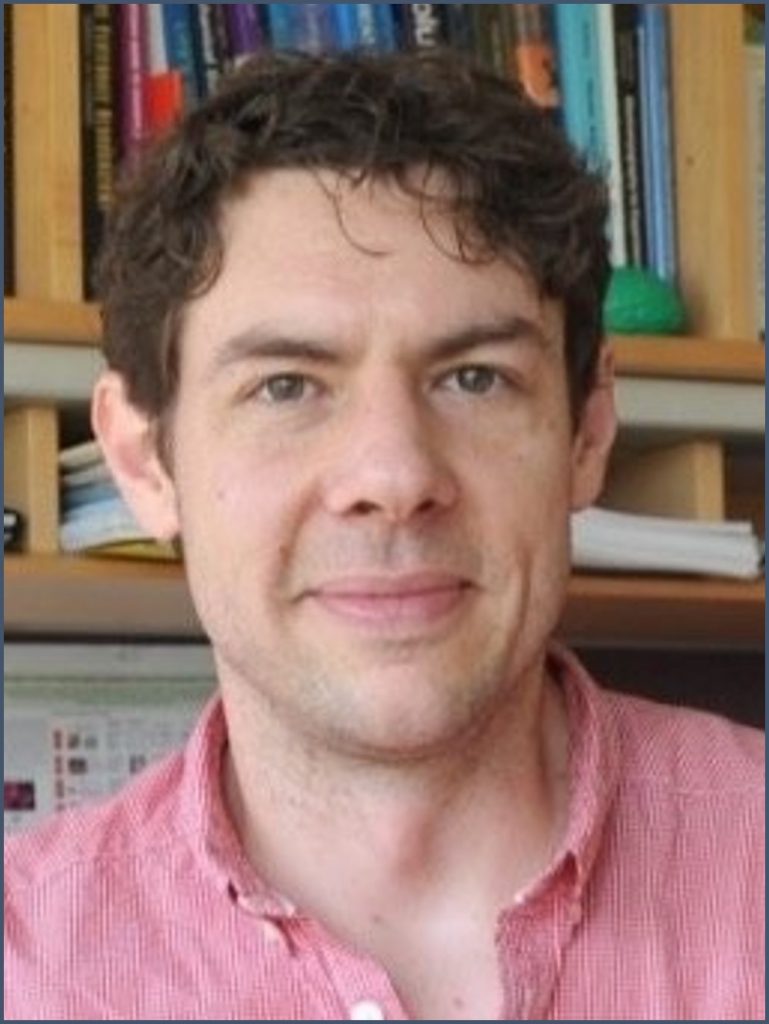
Wyatt Korff
Wyatt received his Ph.D. in 2005 from the Department of Integrative Biology at the University of California, Berkeley. His research focused on understanding how terrestrial animals move over complex substrates, specifically the biomechanics of lizards running on sand and other natural environments. This work was the catalyst for the co-founding of a field that intersects granular physics and biology. He moved to the California Institute of Technology in the Department of Bioengineering with Michael Dickinson, to study how the nervous system controls power output in the flight system of Drosophila melanogaster during his postdoctoral fellowship. He came to Janelia in 2009 to lead a Project Team that developed neurogenetic screens of fly behavior and now oversees the Project Team portfolio. Wyatt has taught at the Neural Systems and Behavior at the MBL in Woods Hole, Friday Harbor Labs at University of Washington and at Berkeley.

James Liao
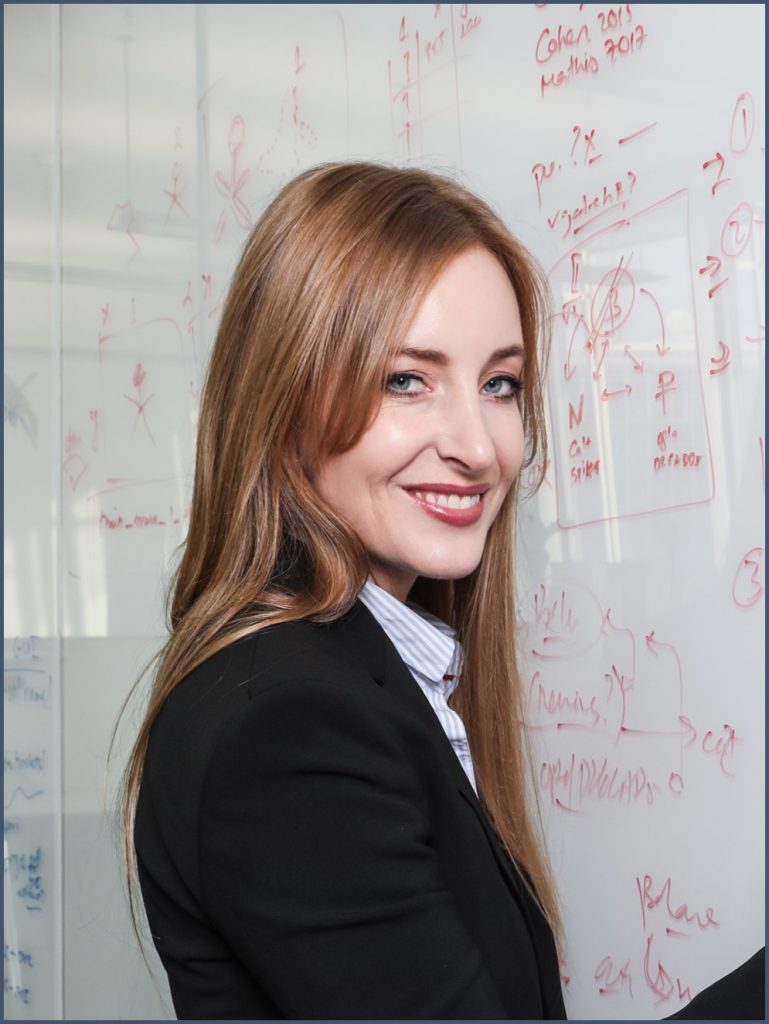
Mackenzie Mathis
Cory Miller

Louis-Philippe Morency
His research focuses on building the computational foundations to enable computers with the abilities to analyze, recognize and predict subtle human communicative behaviors during social interactions. Central to this research effort is the technical challenge of multimodal machine learning: mathematical foundation to study heterogeneous multimodal data and the contingency often found between modalities. This multi-disciplinary research topic overlaps the fields of multimodal interaction, social psychology, computer vision, machine learning and artificial intelligence, and has many applications in areas as diverse as medicine, robotics and education.
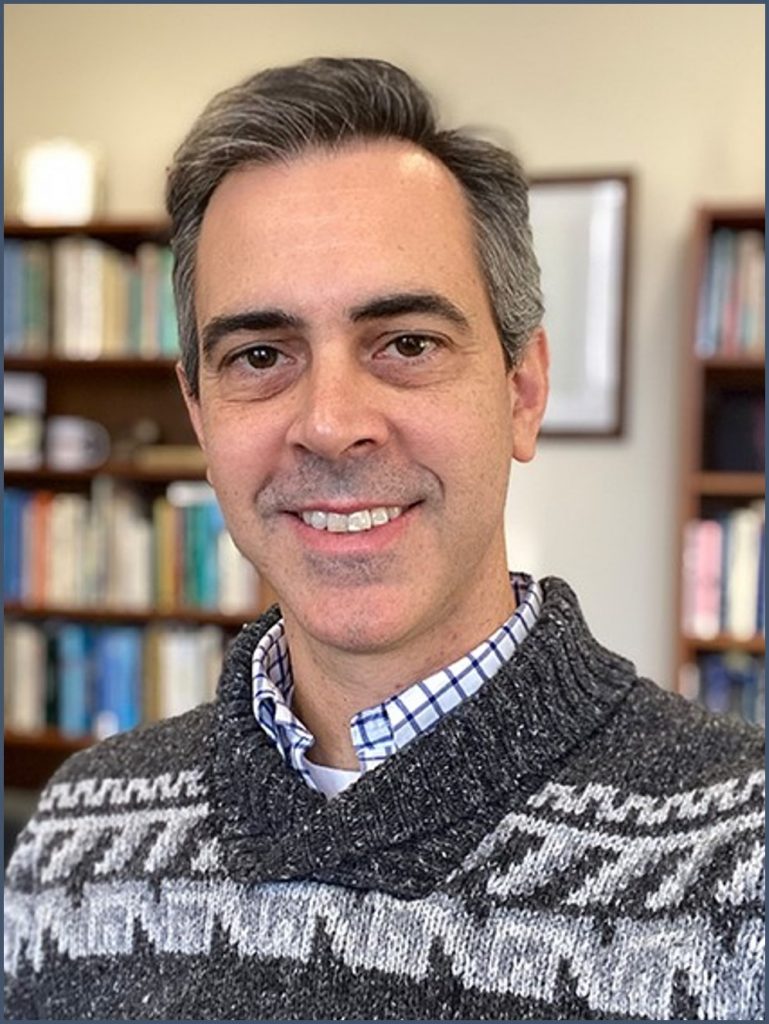
Alex Ophir
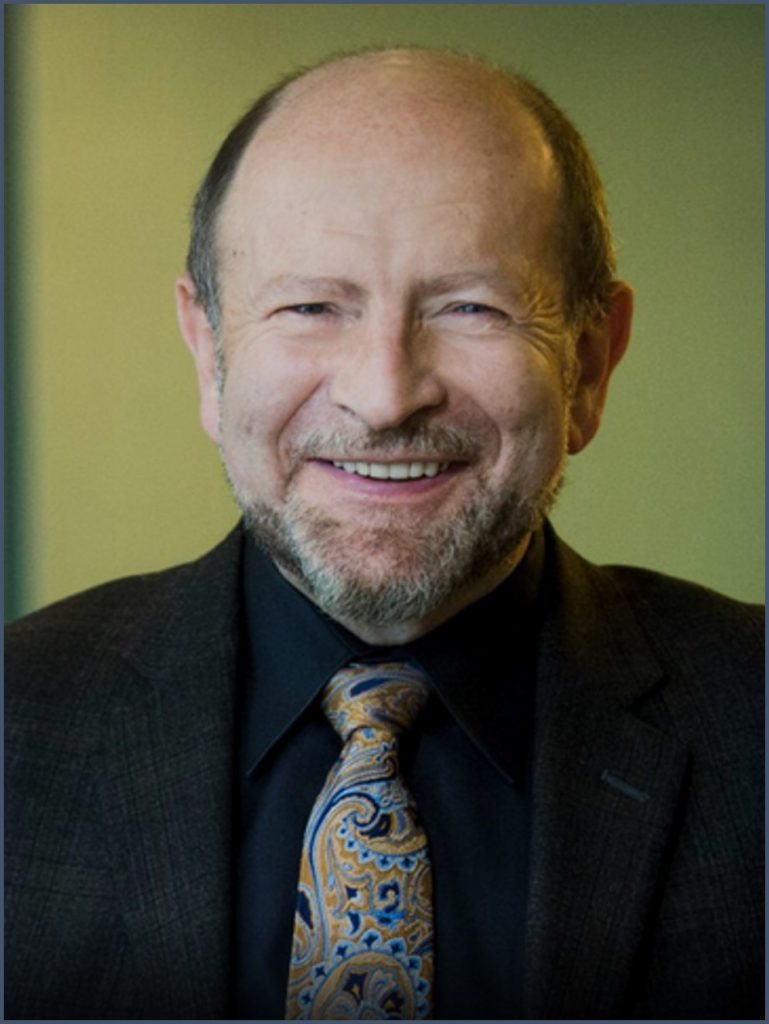
Misha Pavel
Previously, Pavel was the director of the Smart and Connected Health Program at the National Science Foundation, a program co-sponsored by the National Institutes of Health. Earlier, he served as the chair of the Department of Biomedical Engineering at Oregon Health & Science University, a Technology Leader at AT&T Laboratories, a member of the technical staff at Bell Laboratories, and faculty member at Stanford University and New York University. He is a senior life member of IEEE.
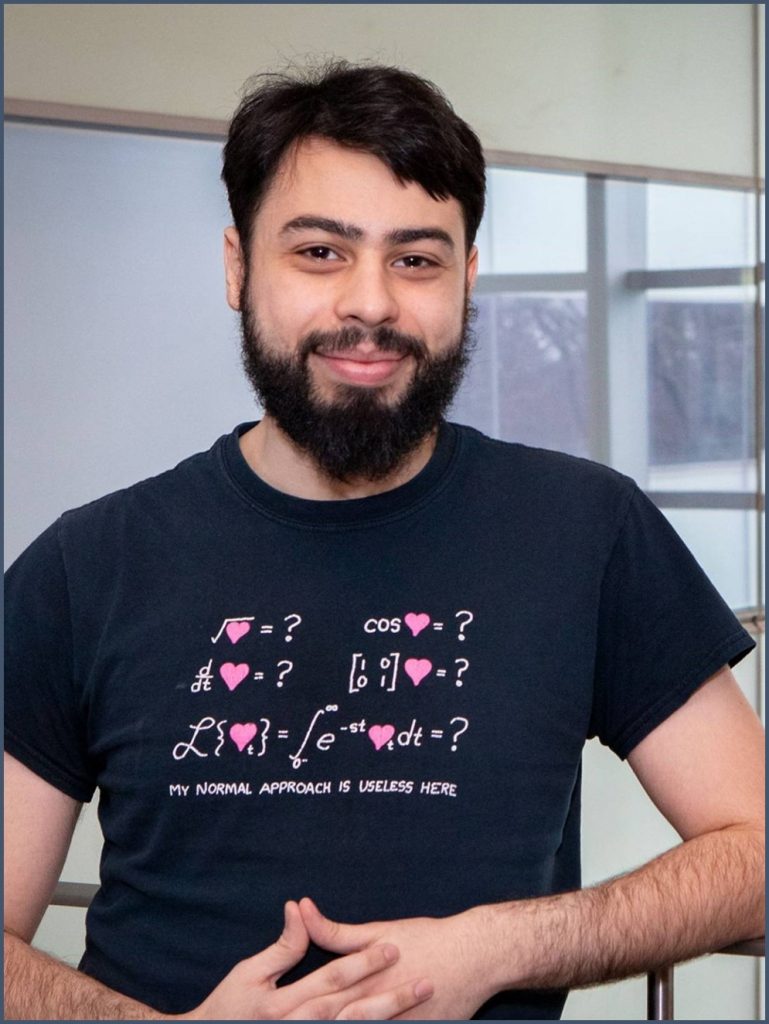
Talmo Pereira
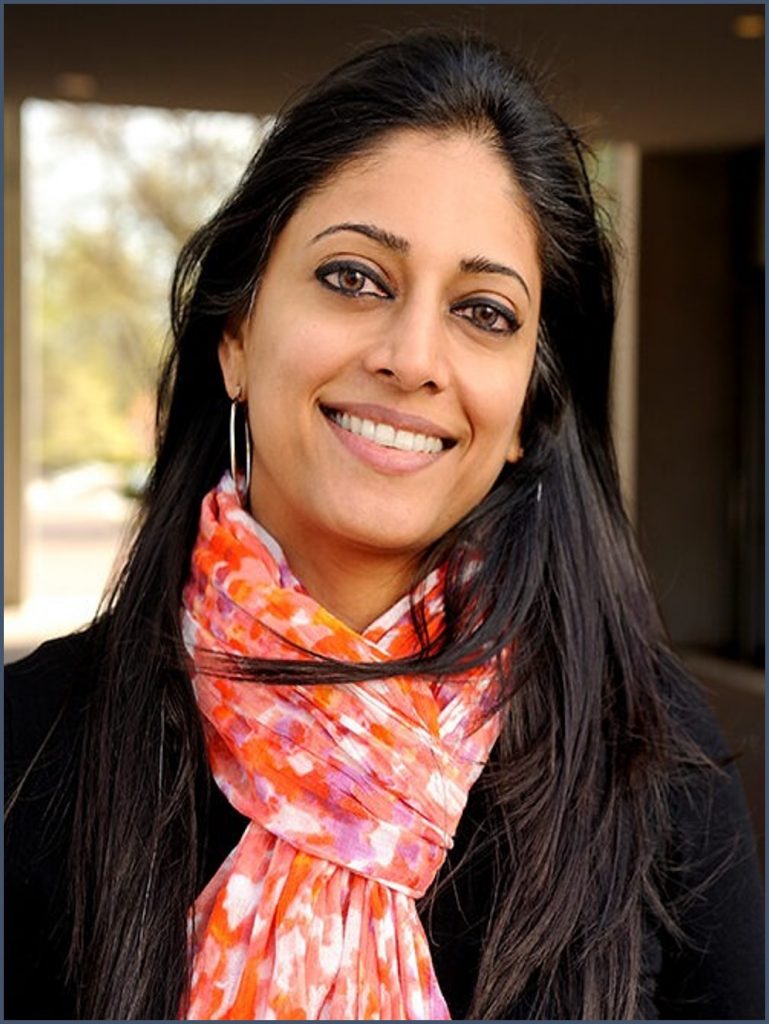
Sridevi Sarma
Sarma, who is the associate director of Hopkins’ Institute of Computational Medicine (ICM), founded and directs the Neuromedical Control Systems Lab (NCSL). The mission of NCSL is to develop knowledge and computational tools that can be translated into the clinic. As an example, her groundbreaking research and tools are helping to shape treatment of epilepsy. Drug treatment does not work for 30 percent of the world’s 60-million-plus epilepsy sufferers. Hope for these patients lies in removal of the brain’s epileptogenic zone (EZ), where seizures originate. Currently, EZ localization is done manually through the daunting visual inspection of hundreds of intracranial EEG recordings. Within six-months post-surgery, there is an average of 50 percent chance of seizure recurrence, most likely caused by misidentification and/or nonresection of the entire EZ.
Sarma’s additional research in pain control includes constructing computational models of the dorsal horn (DH) circuit in the spinal cord to predict how different electrical stimulation treatments alter neuronal activity in the DH. Sarma’s team also created the first-ever computational model of the motor network under Parkinson’s Disease (PD) conditions to study the effects of deep brain stimulation (DBS). She found that high frequency DBS actually restores pathological network dynamics in the brain, while many thought that it was blocking abnormal activity.
She received her BS in Electrical Engineering (1994) from Cornell University and her SM (1997) and PhD (2006) in Electrical Engineering and Computer Science from the Massachussets Institute of Technology (MIT). She was a postdoctoral fellow in Statistical Neural Data Analysis in the Neuroscience Statistics Research Laboratory at Massachusetts General Hospital and Harvard Medical School and at MIT’s Computational Neuroscience Laboratory in the Brain and Cognitive Science Department.

Katherine Scangos
